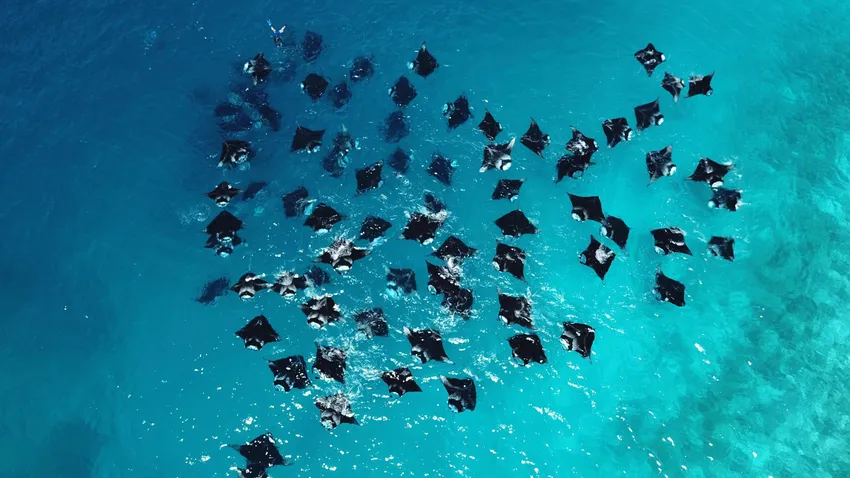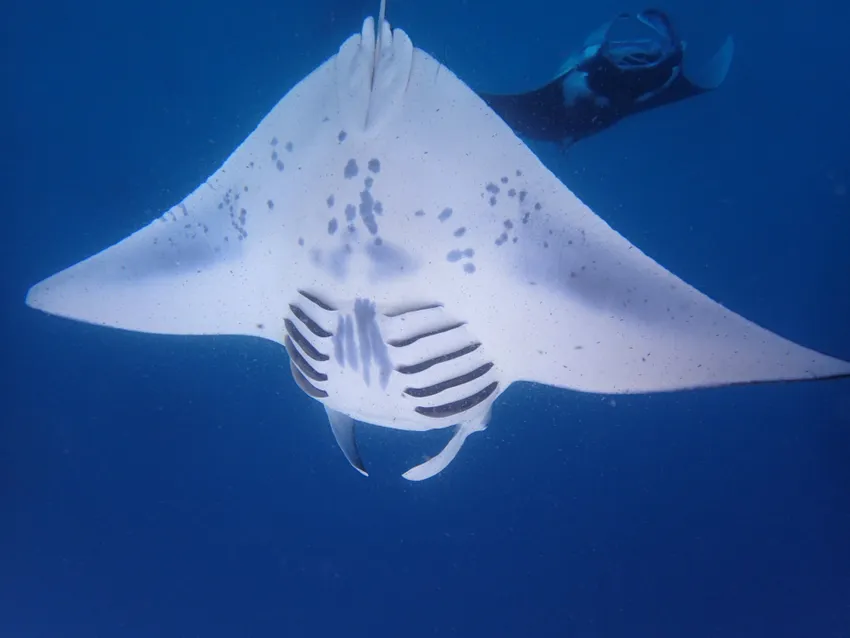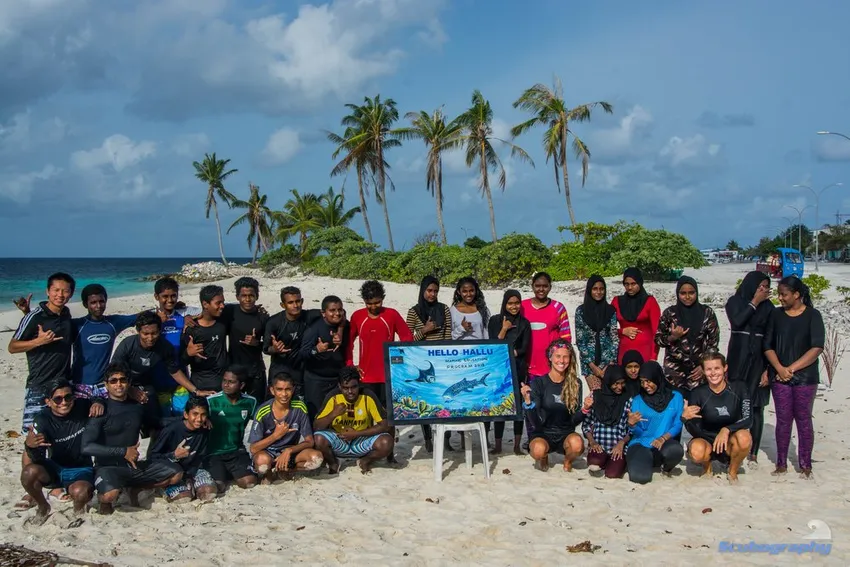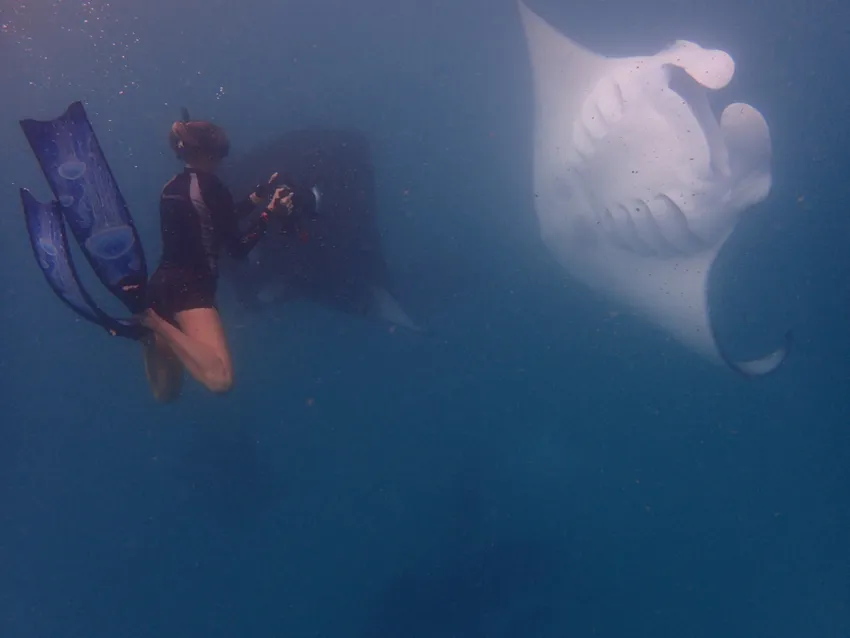This campaign has now closed
A comprehensive study of the effects of the 'anthropause', that has occurred as a result of the global pandemic, on the largest known population of reef mantas in the world. This is a unique opportunity that may never happen again
Categories
Beneficiaries
Situation
The Covid-19 pandemic has resulted in our scientists being repatriated and the closure of all tourism in the Maldives. As a result, we have not had any eyes on the reef and do not know what affect this will have had on the conservation of the manta rays and whether they have fallen prey to illegal fishing or whether they have thrived without the disruption of tourism. We are particularly worried about Hanifaru Bay, a UNESCO Biosphere Reserve which is the best place in the world to see mantas.
Solution
We need to get a research vessel in the water asap with our marine biologists on board so they can identify individual manta rays (by their unique spot pattern) and discover if they have stayed within Baa Atoll (local area). We have over 5,000 individual manta rays on our database and are keen to track their movement to determine their wellbeing. The team has particular favourites such as Mrs Flappy, and Babaganoush who was almost killed by a boat strike last year but made a remarable recovery



